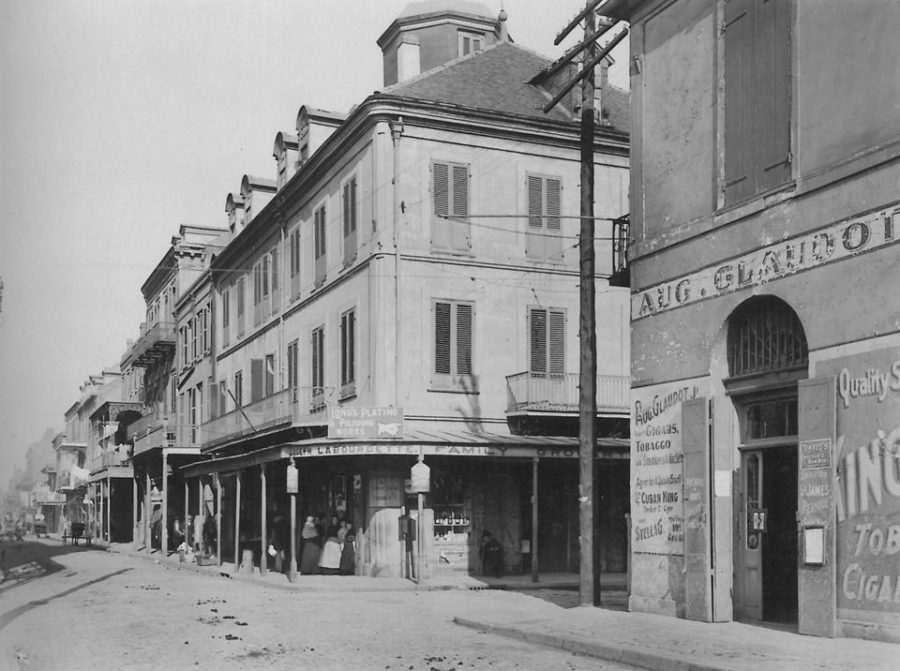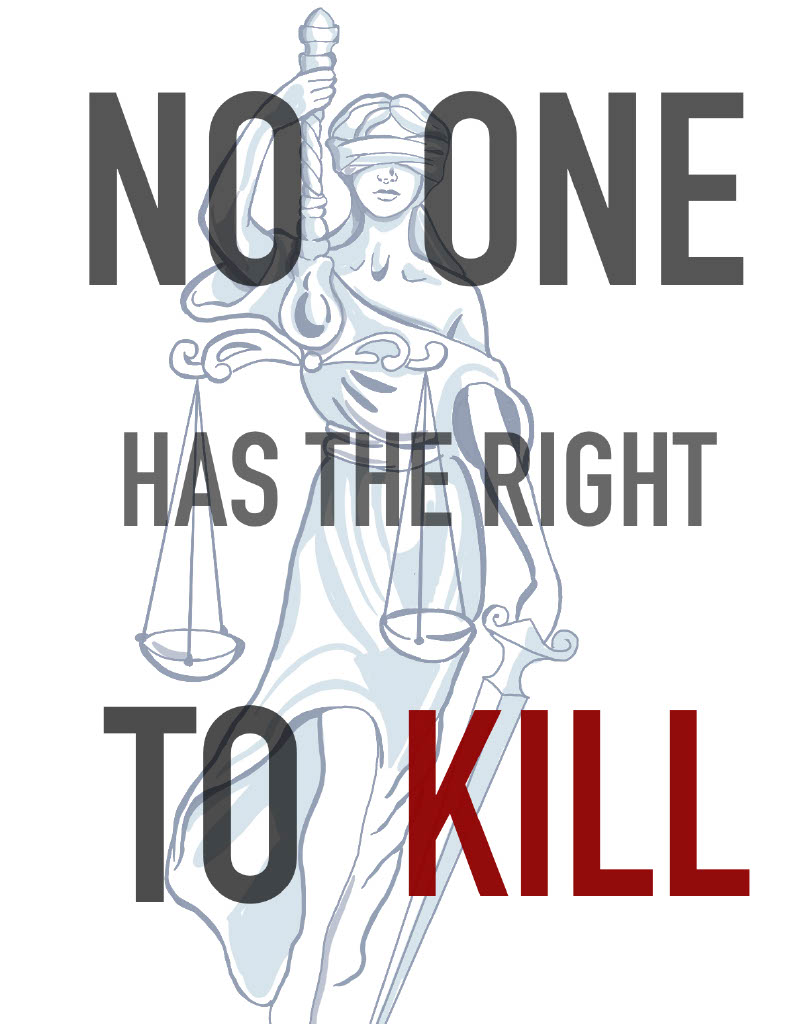The most sensational presidential race in history is finally over. Donald Trump has won.
While history has shown us that there will be a period of good will for the winning candidate between the time they win the election to the time they take office, this is unlikely to be the case for Donald Trump.
That’s because this was no ordinary election, which usually has one status quo candidate against a reform candidate.
No, the 2016 election was a culture war—with one side arguing that the current way of doing things is working, and the other side promising radical changes that some political scientists said will send shockwaves the country hasn’t seen since Abraham Lincoln took office in 1861.
We know how that turned out, but the war that was fought in Lincoln’s America was over the government trying to include more people in society. Trump promised just the opposite.
The problem now is that this isn’t isolated to America, not by any means—this is a worldwide phenomenon. All you have to do is look to Europe, who has been flooded by immigrants from clashes in the Middle East. This has led to an anti-immigrant furor across the continent, resulting in the rise of nationalist movements.
Take Brexit, initially considered a fringe right-wing movement with no hopes of succeeding that quickly swooped up support across the United Kingdom as an example of this.
The movement came from a disgruntled portion of the Conservative Party, with the movement having support from the people but little sitting with actual party representatives. Sound familiar?
The same thing can be seen in Germany, where the once uber-popular Angela Merkel has seen her approval ratings fall due to the influx of Middle Eastern immigrants. In Greece, also, the Nazi-aligned Golden Dawn Party is now the country’s third-largest.
And perhaps more importantly, Austria may be on the verge of electing the first far-right, nationalist leader that Europe has seen since the 1940s. They will hold their election on Dec. 4 after massive voter fraud disqualified the results from the first election in May—and you wonder where Trump got that idea.
What the Western world has in common is stagnant economic prospects and high levels of immigration. When people see this, they feel threatened. Threatened at their job prospects. Threatened their community might change. Threatened their way of life may be over.
Donald Trump was able to connect with this anger, holding rallies around the country where his loud, boisterous message clearly connected with his audience.
But what if Trump had acted more “presidential,” held some background in public office and had a more mild personality, like what we see in leaders that have been popping up in Europe? Would America still be as upset right now?
Probably not. That’s because there seems to be more of a focus on how Trump says things rather than listening to what he is actually saying.
A lot of people were brought into Trump for the first reason and then bought into the latter, and with his victory, the anger he tapped into now finds its way into the White House.
The message is clear: the American people want change. It is coming—let us hope it is for the better.












